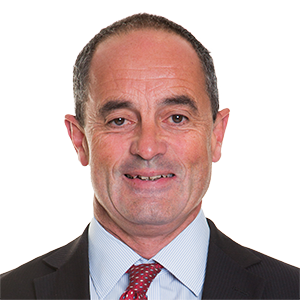Transport, Trade and Logistics Update
Draft National Rail Policy becomes official government policy
South Africa | Press release | May 2022
A week after the Minister of Transport released the draft National Rail Policy, Parliament has adopted a slightly modified version of that as the country’s final National Rail Policy.
The final Rail Policy has updated certain of the statistics and amended some of the comments to avoid the current government being blamed for the collapse of rail networks and also added or highlighted the issues discussed below.
The final policy recognises that the existing challenges have been exacerbated by theft and vandalism on a massive scale which has seen entire stations being demolished and huge quantities of railway lines, electrical cables and equipment being stolen.
The final policy analyses in great detail the effect of the monopoly enjoyed by Transnet in the freight and passenger sectors.
Importantly, it introduces a new section focussed on building local industrial capacity which is to be welcomed by South African investors and businesses. This applies not only to infrastructure and rolling stock, but also to the production of steel.
The draft final policy recognised the need to develop the skills and capacity of businesses owned and run by black South Africans. The final policy also recognises that more must be done to ensure the development of skills and capacity of businesses owned by women.
The final policy provides more details regarding third party access to freight networks. It also recognises however that both locally and globally, passenger rail tends to be a subsidised form of transport particularly in urban areas. This means that it will be difficult to attract private operators, but that PRASA will be encouraged to do so.
The final policy provides details regarding the affected corridors and the timing on standard gauge implementation which will be focussed on the longer corridors. The mining sector is best informed to identify the remaining life of existing mines and accordingly will be called on to create effective privately funded rail logistics solutions for the heavy haul lines.
The policy provides details on the recovery plan introduced for PRASA and identifies ten corridors which have been prioritised for full operation by May 2023. This includes several lines which used to carry the majority of passengers in urban areas.
Finally, the ‘do nothing’ option has been deleted because it is unacceptable. This option recognised that if nothing is done, by 2050, when the rest of the world has set itself up for a preponderance of renewable energy with rail as its transport backbone, South Africa will be left uncompetitive with a high cost and inefficient transport system.
The fact that the final policy was amended and approved so quickly indicates government’s intention to redevelop and expand South Africa’s rail networks.

